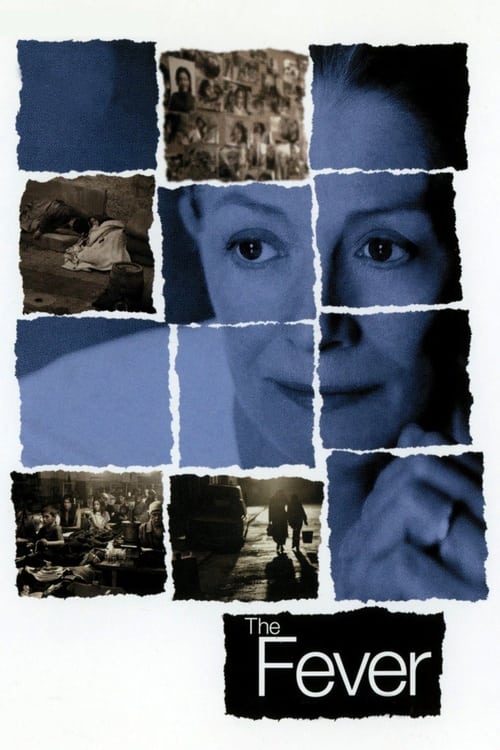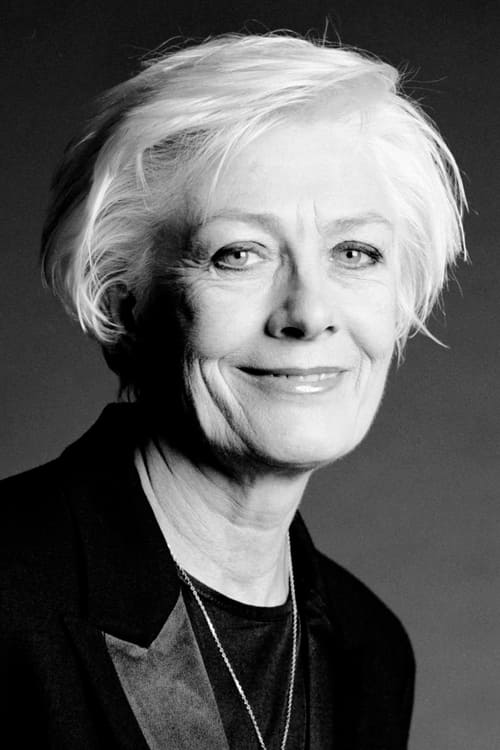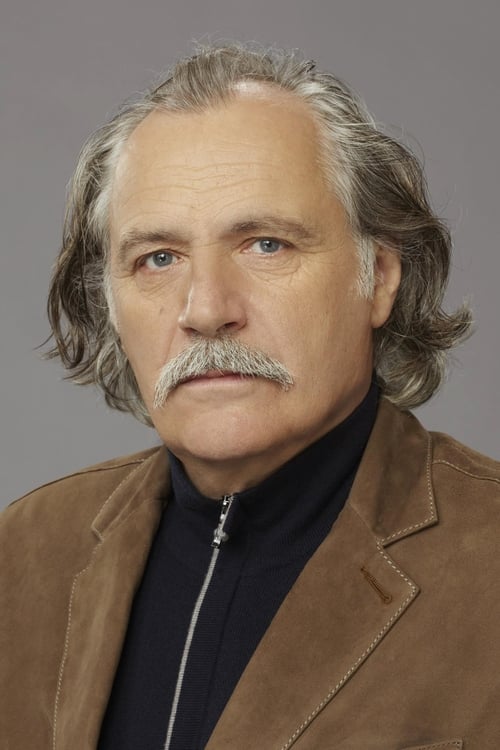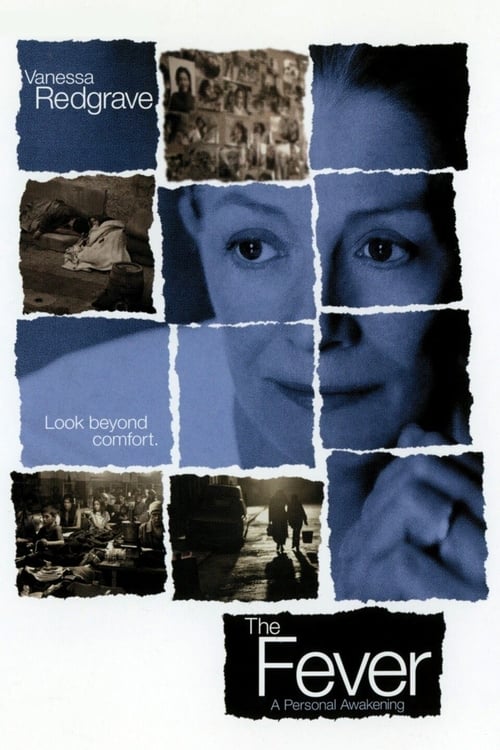The Fever (2004)
Look beyond comfort.
Genre : Drama, TV Movie
Runtime : 1H 23M
Director : Carlo Gabriel Nero
Synopsis
Tells the story of a woman who gets involved in politics with no previous contact with world events.

What happens when western anthropologists descend on the Amazon and make one of the last unacculturated tribes in existence, the Yanomami, the most exhaustively filmed and studied tribe on the planet? Despite their "do no harm" creed and scientific aims, the small army of anthropologists that has studied the Yanomami since the 1960s has wreaked havoc among the tribe - and sparked a war within the anthropology community itself.
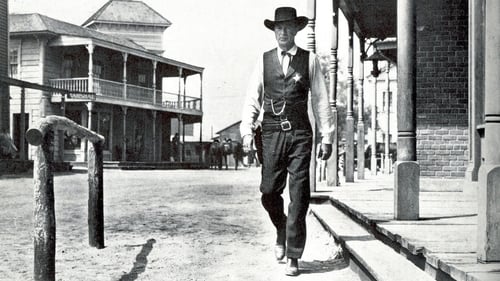
Will Kane, the sheriff of a small town in New Mexico, learns a notorious outlaw he put in jail has been freed, and will be arriving on the noon train. Knowing the outlaw and his gang are coming to kill him, Kane is determined to stand his ground, so he attempts to gather a posse from among the local townspeople.
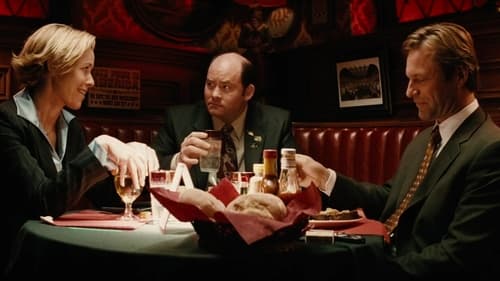
Nick Naylor is a charismatic spin-doctor for Big Tobacco who'll fight to protect America's right to smoke -- even if it kills him -- while still remaining a role model for his 12-year old son. When he incurs the wrath of a senator bent on snuffing out cigarettes, Nick's powers of "filtering the truth" will be put to the test.

Naive small-town girl gets pregnant on her prom night, and winds up in the clutches of the local abortionist. Depending on the release presentation, the movie includes an animation of conception, filmed vaginal and caesarian section births, and a filmed presentation on how syphilis and gonorrhea present themselves.

Bible expert Bill Gallatin explores biblical prophecies from the Book of Revelation that have transpired, with a discussion of whether these events signify that we are now living in the End Times preceding the return of Jesus Christ. Gallatin touches on events such as the increasingly acute difficulties in the Middle East, numerous environmental catastrophes, earthquakes and more, explaining how they connect to scriptural writings.

Recently deceased, a white-sheeted ghost returns to his suburban home to console his bereft wife, only to find that in his spectral state he has become unstuck in time, forced to watch passively as the life he knew and the woman he loves slowly slip away.
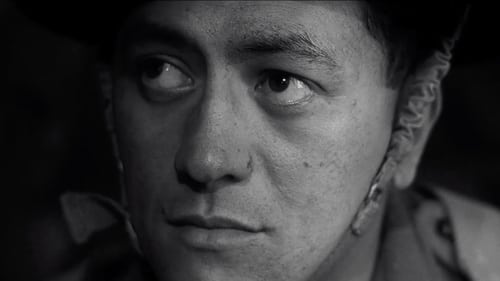
Six Māori Battalion soldiers camped in Italian ruins wait for night to fall. In the silence, the bros-in-arms distract themselves with jokes. A tohu (sign) brings them back to reality, and they gather to say a karakia before returning to the fray. Director Taika Waititi describes the soldiers as young men with "a special bond, strengthened by their character, their culture and each other." Shot in the rubble of the old Wellington Hospital, Tama Tū won international acclaim. Invited to over 40 international festivals, its many awards included honourable mentions at Sundance and Berlin.
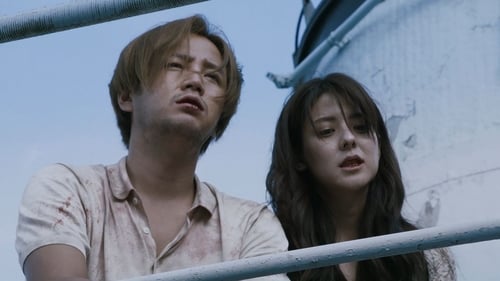
A group of very different people set sail on an old warship. The passengers include a senator with his son, a newly-wed couple, a mysterious old man, a group of sex workers and a gang of violent criminals. At first the aggressive behaviour of the thugs and their leader is directed at the first class passengers, but then more and more indiscriminately against the rest of those on board. Rape is followed by murder and it’s not long before the first of numerous and increasingly brutal mutinies takes place.

If We Knew is a documentary about paediatricians in an intensive-care unit for newborns. A film about the compassion needed to heal the sick and occasionally needed to hasten the death of a child.

In mid-19th century Finland, Klaus von Rapp marries young Anette Erling. The marriage is full of happiness until Klaus’s deception is exposed and changes everything with catastrophic consequences.
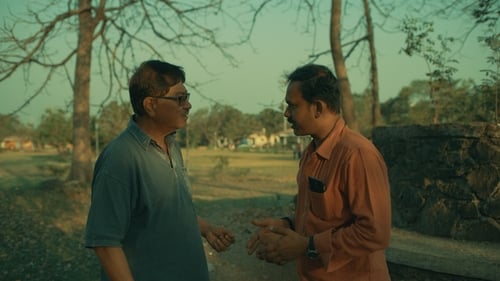
In the suburbs of Mumbai, a young couple tries to catch some private time in a very public place, when they're paid a visit by the moral police.
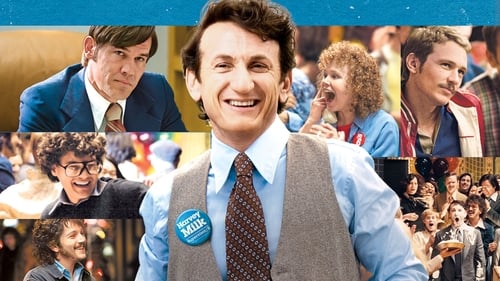
The true story of Harvey Milk, the first openly gay man ever elected to public office. In San Francisco in the late 1970s, Harvey Milk becomes an activist for gay rights and inspires others to join him in his fight for equal rights that should be available to all Americans.

Kinsey is a portrait of researcher Alfred Kinsey, driven to uncover the most private secrets of a nation. What begins for Kinsey as a scientific endeavor soon takes on an intensely personal relevance, ultimately becoming an unexpected journey into the mystery of human behavior.
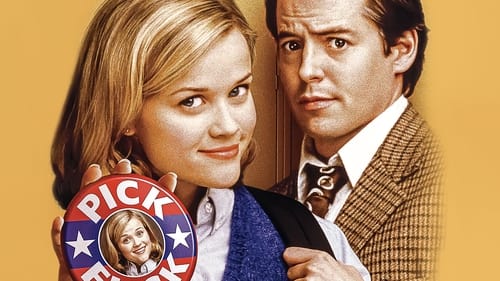
Tracy Flick is running unopposed for this year’s high school student election. But Jim McAllister has a different plan. Partly to establish a more democratic election, and partly to satisfy some deep personal anger toward Tracy, Jim talks football player Paul Metzler to run for president as well.

As a child, Michael Walker wished every day could be Christmas. That is, until a tragic accident crushed his holiday spirit. Thirty years later, Michael still can't muster any joy for the holidays, despite encouragement from his playful wife and well-intentioned parents. But when his young son faces a tragedy, Michael needs to make amends with his past. A mysterious man named Nick gives Michael a gift and instills in him the courage to find the joy that he lost.
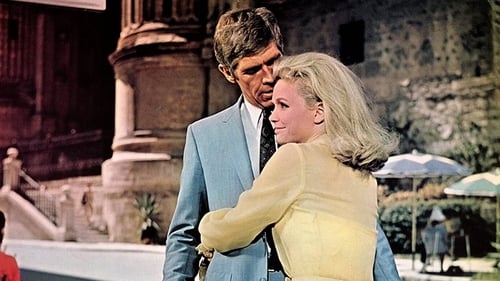
A cold hearted American hit man goes to Europe for "one last score". His encounter with a beautiful young woman casts self doubt on his lifeblood, and influences him to resist carrying out the contract.
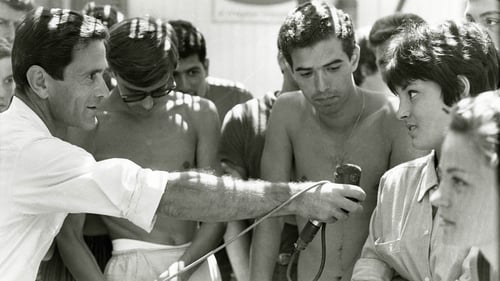
Microphone in hand, Pier Paolo Pasolini asks Italians to talk about sex, apparently their least favorite subject: he asks children if they know where do babies come from, asks old and young women about gender equality, and asks both genders if a woman's virginity still matters, how do they view homosexuals, if sex and honor are related, if divorce should be legal, if they support the recent abolition of brothels, etc. He interviews workers, intellectuals, students, rural farmers, the bourgeoisie, and other different people, painting a vivid portrait of Italy in the years of the Economic Boom, suspended between modernity and tradition.
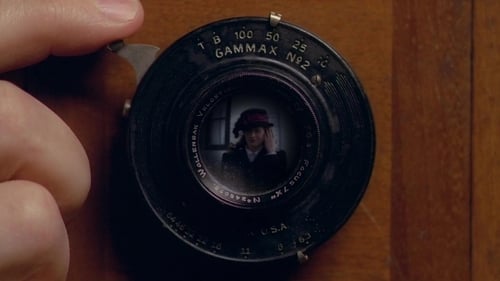
Set in 1920, Inge travels from Germany to rural Minnesota in order to meet the man destined to be her husband.

Controversy and legal problems follow Dr. Jack Kevorkian as he advocates assisted suicide.
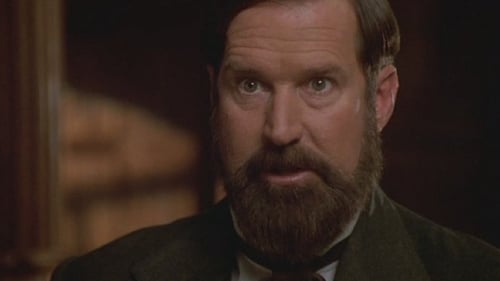
The year is 1890 and Bible professor Russell Carlisle has written a new manuscript entitled "The Changing Times". His colleague, Dr. Norris Anderson, believes that what Carlisle has written could greatly affect the future of coming generations and, using his secret time machine, Anderson sends Carlisle over 100 years into the future, offering him a glimpse of where his beliefs will lead.
